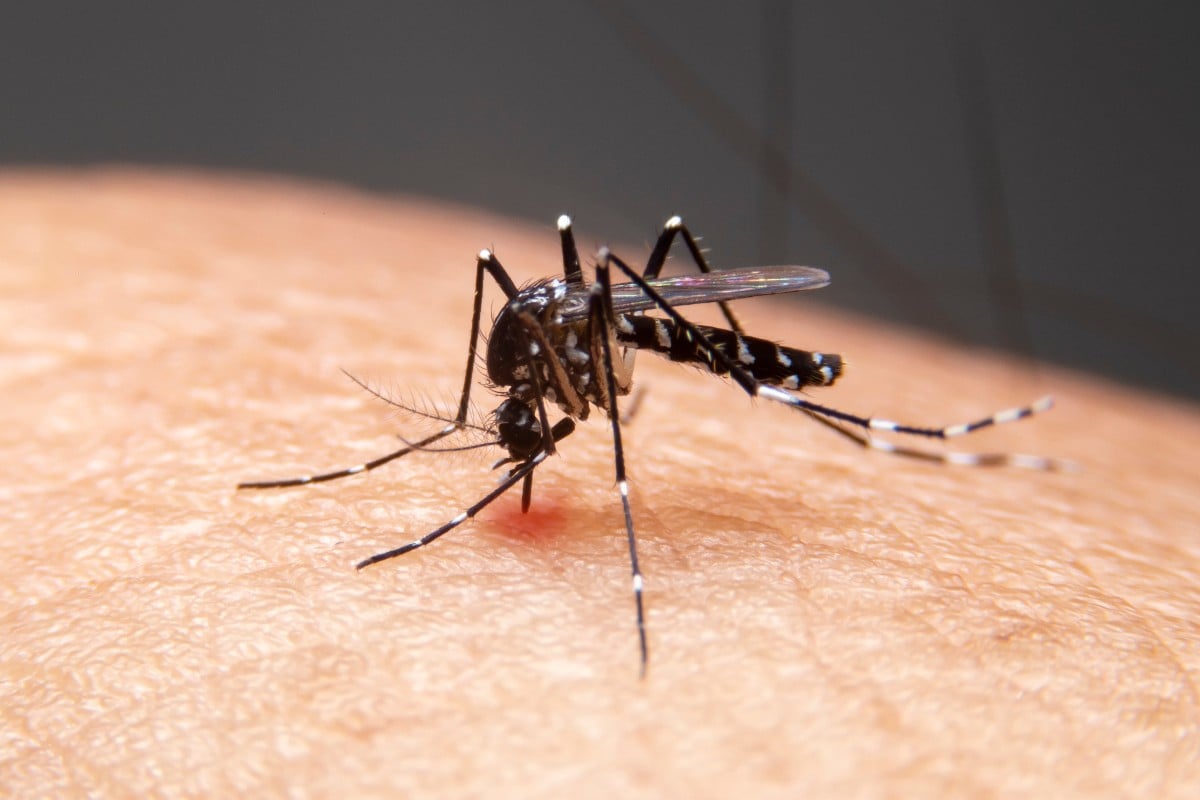
A federal health advisory warning of a heightened risk of dengue fever infections in the United States was issued on Tuesday.
The alert was prompted by an unexpectedly high number of dengue fever cases reported across the country this year, the U.S. Centers for Disease Control and Prevention (CDC) said, and climate change is only upping the risk of future spread.
“Dengue transmission peaks during the warmer and wetter months in many tropical and subtropical regions,” the agency noted in its advisory. “Dengue cases are likely to increase as global temperatures increase.”
In the United States, Puerto Rico has been hardest hit: Of 2,241 U.S. dengue cases reported this year, 1,498 occurred in that U.S. territory in the Caribbean. In March, a public health emergency was declared there after cases of the mosquito-born illness broke historical records.
For comparison, 3,036 dengue cases were reported in all of 2023 in the U.S. and its territories.
Still, America isn’t the only country grappling with the troubling spread of dengue fever.
This year, the global incidence of dengue fever has been the highest on record, especially in Latin American countries, where nearly 9.4 million dengue cases have been reported. That’s twice as many as in all of 2023.
In recent years, dengue fever infections have skyrocketed amid increasingly hot temperatures around the globe, which create ideal conditions for the mosquitoes that spread the disease, NBC News reported.
The most common symptom of the disease is fever. Other symptoms include serious headaches, nausea, vomiting, rash and body pain.
While most patients recover in a week, severe cases of the disease can require hospitalization since it can result in shock, internal bleeding and even death, the CDC said.
People can get sick with dengue fever up to four times in their lifetime — once for each type of virus that can cause the disease, according to the CDC. And those who have already had a case of dengue are more likely to develop severe symptoms the second time around.
The CDC alert recommends that health care providers be on the lookout for dengue, particularly among patients with fever who have recently traveled to places where it is an endemic disease. They’re also advised to quickly report any dengue cases to public health authorities and promote mosquito bite prevention measures for their patients.
The agency added that it is also improving and expanding laboratory testing to diagnose cases more quickly and effectively, as well as educating the public on the disease and how to prevent it.
How can you protect yourself against dengue?
Staying in places with air conditioning when possible, using insect repellent and wearing long sleeves and pants to avoid mosquito bites can all help, the CDC said.
More information
The World Health Organization has more on dengue fever.
SOURCES: U.S. Centers for Disease Control and Prevention, health advisory, June 25, 2024; Pan American Health Organization, update, June 18, 2024; NBC News
Source: HealthDay
Copyright © 2026 HealthDay. All rights reserved.

Leave a Reply